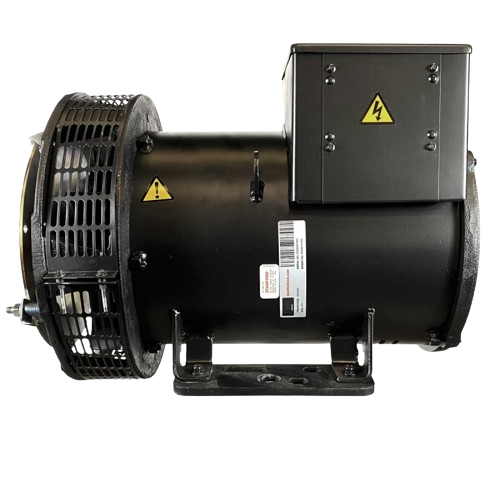Alternators for Utilizing the Power Within
Alternators are essential components in electrical systems, responsible for converting mechanical energy into electrical energy. Unlike generators, which produce direct current (DC), alternators generate alternating current (AC), making them integral in powering a wide range of devices and equipment.
Explore the inner workings of alternators, their importance in power generation systems, various types, applications, and maintenance tips.


